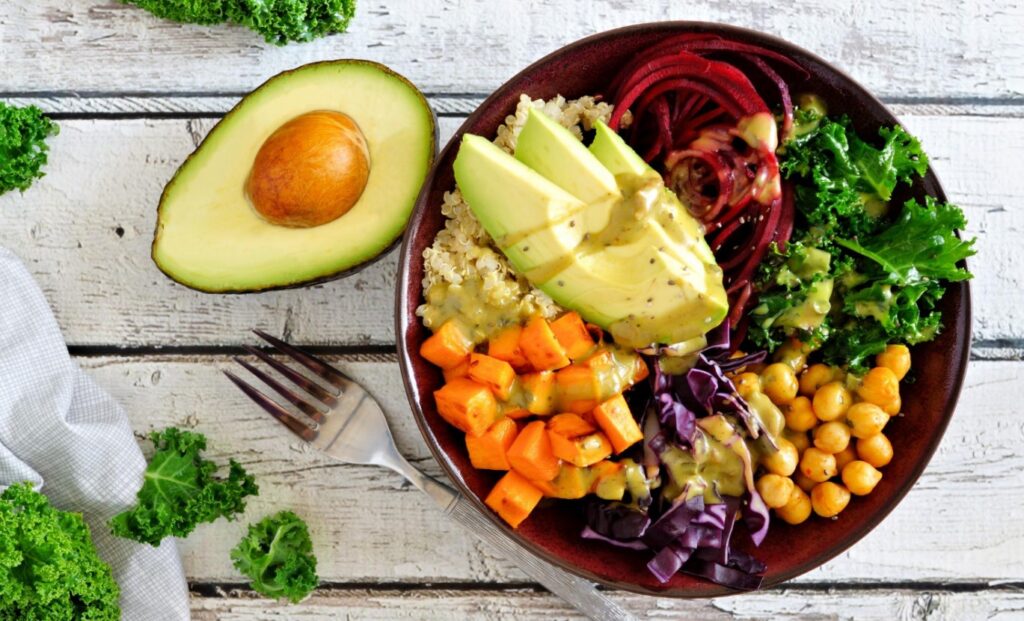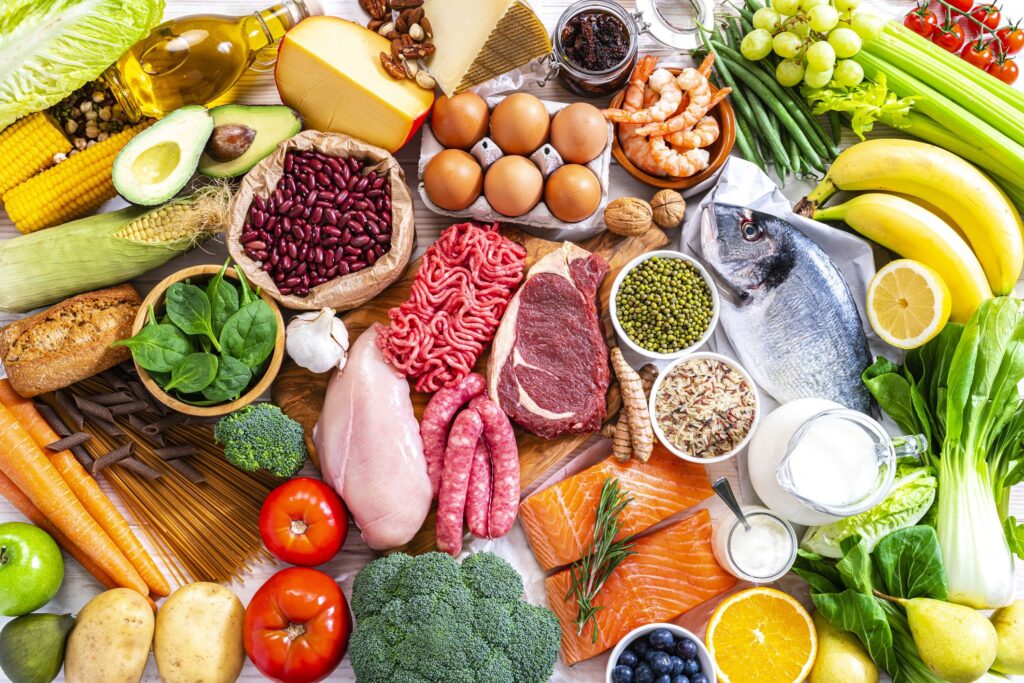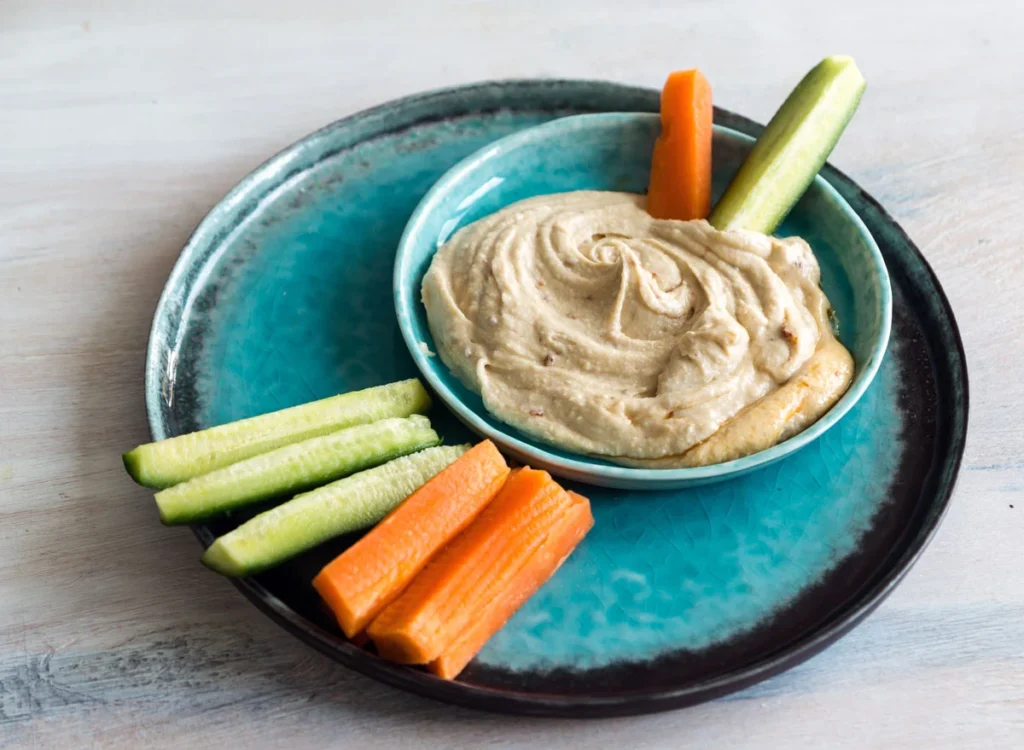In order to stay healthy and fit, it’s essential that you pay special attention to what you eat. Your diet should contain all of the necessary nutrients to continuously maintain your well-being and have the energy you need to live your life to the fullest. In case you aren’t sure what you should do to improve your diet.
Your diet should contain all of the necessary nutrients to continuously maintain your well-being and have the energy you need to live your life to the fullest. In case you aren’t sure what you should do to improve your diet, you can try incorporating super mushrooms into your meals. They support stress management, cognitive health, immunity, and increase energy levels.
They have been used for centuries in traditional medicine for their various health benefits, making them a natural and effective way to enhance overall wellness. The following are also some valuable pieces of advice to guide you on which foods are better for you than others and how to prepare healthy meals.
Which foods are better for you than others and how to prepare healthy meals, here is some valuable advice to guide you.
1. Keep it Fresh

Source: blog.myfitnesspal.com
When the food pyramid was replaced with the Choose MyPlate system in 2011, what people first noticed is that half of what they eat every day should be fruit and vegetables. Of course, how much you actually should eat depends, among other things, on your age, your sex and your weight, and you can choose whether you’ll have your fruit and veggies frozen, dried or canned. However, the best option is to choose fresh fruit and vegetables whenever the circumstances allow it, as that’s how your body will make the most of the nutrients in these foods.
If you can’t decide which fruit or vegetables to choose, focus on their colors and make sure that your meals are colorful. This means leafy greens, red and orange, but also beans, peas, starchy and other vegetables. As far as fruit is concerned, do your best to eat seasonal ones, and that you opt for whole fruit, instead of 100% fruit juice. Fruit and vegetables are loaded with vitamins, minerals and dietary fiber, which can greatly benefit your overall well-being.
2. Eat Your Protein

Source: prevention.com
For healthy bones, muscles and skin, you’ll need plenty of protein. In addition, protein is what helps your body repair its cells and create new ones, which means that it plays a huge role in development of children of any age, even before they’re born. The protein you choose should be lean and should be a quarter of what you eat on a daily level. Some of the best sources of protein are fish, poultry, different nuts and beans. Although your diet should be versatile, it’s still important that you limit the amount of red meat you eat, as well as processed meat, like sausages and canned meat. Also, avoid deep-frying your food, meat included. Instead, try grilling it or baking it, and use the spices you find delicious for extra flavor.
3. Snack Wisely

Source: eatthis.com
Even though food serves its purpose in reinforcing your organism with everything it needs to work like a clock, it’s still clear that, more often than we’d like to admit, we eat for the pure pleasure of it. And that’s perfectly fine, as long as you don’t go overboard with junk food and unhealthy snacks. When deciding what you’ll snack on between meals, do your best to find healthier options of whatever it is you’re craving for.
This is, in fact, easier than you might think, being that you can now order top quality health food online, sometimes even with free shipping. Now it’s simple to find things like dried mango, air-popped popcorn, or even an alternative for peanut butter, but with chickpeas instead of peanuts, for those with allergies. The possibilities are incredible and you truly can get the taste and the satisfaction of your favorite snacks, without the extra calories or unhealthy additives.
4. Don’t Forget Your Grains
In order to eat enough of them, about a quarter of your plate should always be filled with grains. However, it’s crucial for you to know that there are two types of grains, whole grains and refined grains. Some examples of whole grains are brown rice, oatmeal, bulgur and whole-wheat flour, while refined grains are the milled ones, such as white flour, white rice and white bread. Whole grains are healthier, as they still contain fiber, B vitamins and iron, and they should make for at least a half of all the grains you eat. Grains are a necessary part of your nutrition, since they supply your body with complex carbohydrates, as well as several precious vitamins and minerals. Eating them will keep you full for longer, so that you don’t eat too much and too often, allowing you to keep your weight at a level you want, which should be reason enough to make them an integral part of your diet.
5. Hydrate Properly

Source: riversidemedicalclinic.com
Aside from the food you eat, what you drink also matters. Water regulates your body temperature, helps prevent infections, serves to deliver nutrients you ingest to your cells and keeps your organs running smoothly. Plus, hydration contributes to better sleep, mood and even cognition. Drinking at least eight glasses of water a day should do, but some suggest that you should drink more, up to 16 glasses a day.
While there are alternatives for water, in the form of sugary and carbonated drinks and dairy products, it’s still recommended that you stick to water as often as you can. If you get bored with water, you can always infuse it with some fresh berries, citruses or cucumbers, so that you add some flavor to it and keep it healthy. You can also make some tea or coffee, but be mindful of how much you drink and never sweeten it with sugar.
If you want to be the best version of yourself, the first thing you have to do is ensure you’re healthy. With these dietary tips, you’ll be on a good way to achieve that in no time.






